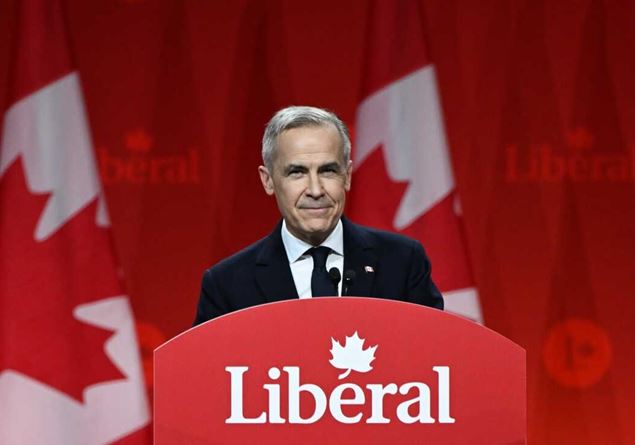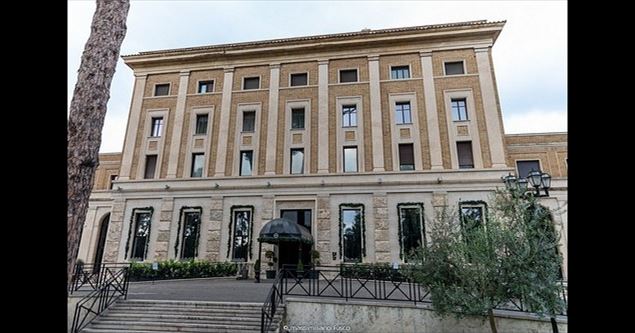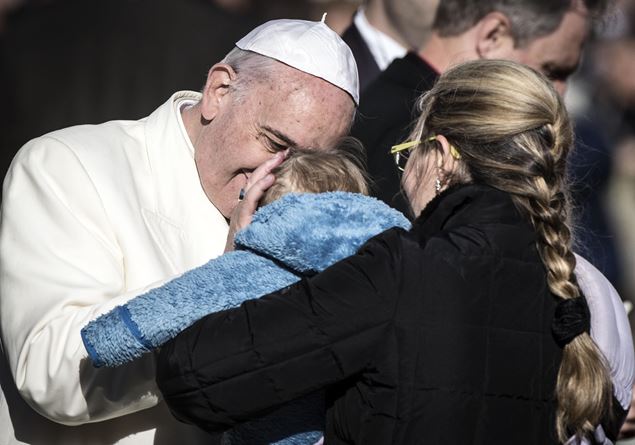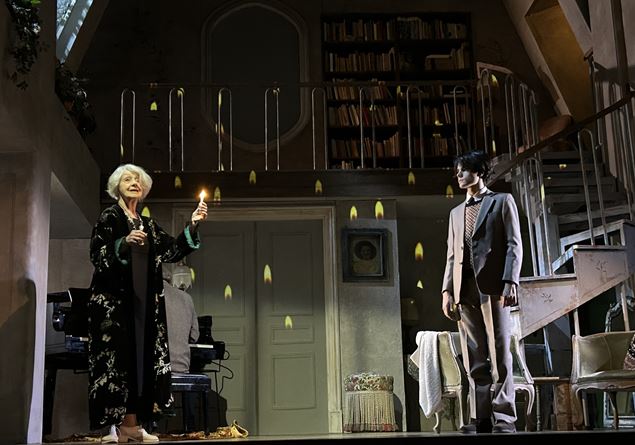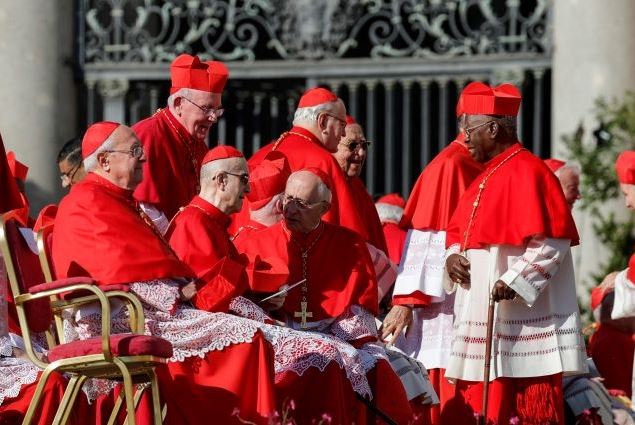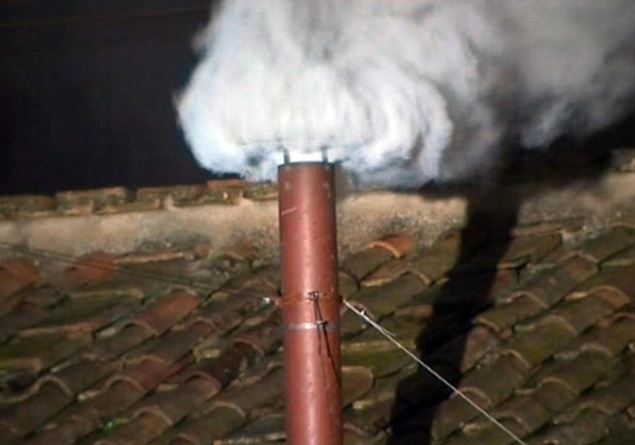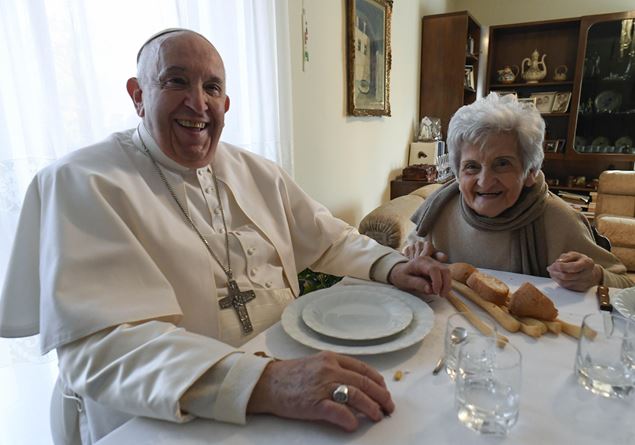A self -cognition that sounds like a strong and clear signal: 400 local administrators of Christian inspiration meet today and tomorrow in Rome to give continuity to the “Trieste network”the network born on the sidelines of the Social Week of July. An initiative that breaks the patterns and sets an ambitious goal: to overcome the asphyxiated logics of bipolarism and relaunch a different way of doing politics, rooted in the territories and oriented to common good.
“It will be a generous service to the country and politics, without exploitation and without partisan readings,” he explains Francesco Russovice president of the Friuli Venezia Giulia Regional Council and among the promoters of the event. And the numbers confirm the ferment: in addition to the 400 participants in the presence, hundreds of administrators follow and contribute to the growth of the network through digital platforms.
A dense and concrete agenda
The point of reference is the Th Hotel, better known as “Domus Mariae”where the president of the Italian Catholic Action, Giuseppe Notarstefanowill open the work. To follow, Elena Granatavice -president of the promoting committee of the social week, will guide the debate on how the Catholic commitment in politics is declined today. A comparison that will feature prominent figures like the former parliamentarian Paola Binettithe leader of Demos Paolo Cianithe former director of the Revenue Agency Ernesto Maria Ruffinithe president of the Foundation for subsidiarity Giorgio Vittadini and other exponents of civil society.
Tomorrow, however, the reflection will be entrusted to Monsignor Luigi RennaArchbishop of Catania and President of the Committee for the Social Weeks. Following, a round table that will compare local administrators of different origin: the mayor of Udine Alberto Felice De Tonithe Sicilian deputy and mayor of Montevago Margherita La Rocca Ruvolothe Undersecretary of the Piedmont Region Claudia Porchiettothe president of Umbria Stefania Proietti.
But the true heart of the meeting will be working groupswith the ambitious goal of drawing up 14 concrete proposals to be brought to the municipal and regional councils. The themes? Co-Housing, inclusive welfare, birth support, protection of asylum seekersbut also strategies for it development of energy communities, the reduction of urban traffic to 30 km/h, territorial health concertation. A job that aims to concreteness, without ideological schematisms.
An open and crucial debate
The meeting is part of a moment of ferment for the Catholic world in politics. The recent approval in Tuscany of the law on the end of life has turned on a fiery debate, with the birth of the association “Democratic community” Of Graziano Delrio And Pierluigi Castagnettiand the reaction of the network “Tell it on the roofs”who denounced the “Federalism of waste” he is “Diktat of the Democratic Party”. A sign that the confrontation is lit on several fronts, both on great social emergencies (peace, health, school) and on ethically sensitive issues.
But the real question is another: Are the parties still able to accommodate this plurality of sensitivity? The answer lies in numbers: more and more believers engage in local politics through Civic lists and basic movementsfar from party logic. A phenomenon that highlights the need for new spaces of comparison and a policy that returns to listen to the territories.
